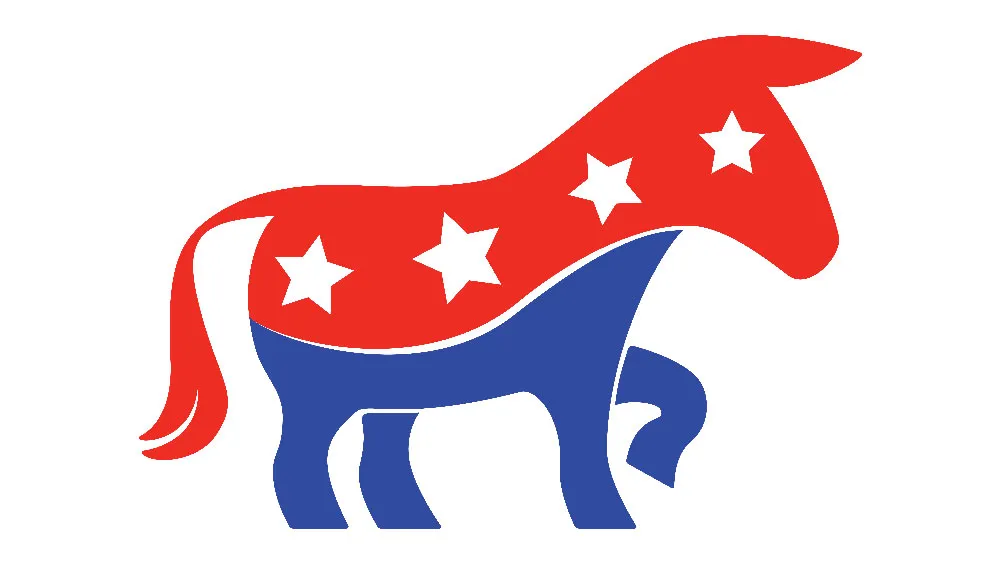July 8, 2020
Anti-LGBTQ Bias Inflicts Personal Financial Costs, Experts Say
Kilian Melloy READ TIME: 3 MIN.
Non-LGBTQ people may not see or think about it, but many non-heterosexual and non-cisgender individuals know how bias and discrimination can inflict a cost on personal finances. Those lived experiences have been acknowledged by experts who note that discriminatory practices targeting gays, bi and trans people, and other sexual minorities have left many Americans poorer - and that's a concern as increasing numbers of aging Baby Boomers enter retirement - or face their elder years without the means to retire.
Yahoo Finance, reporting on the worrying phenomenon, quoted think tank leader Robert Espinoza, who explained that, "A lot of them are entering their older years and their assets and income and retirement savings are simply smaller," Robert Espinoza, vice president of policy at PHI, a think tank on direct care workforce, recently told Yahoo Finance. "Many LGBTQ of all ages talk about how they're treated differently in many settings."
Added Espinoza: "I think if you imagine an LGBTQ older person in their 70s and 80s, I mean they have seen monumental changes in their lives.
From being criminalized and denied basic rights under housing and employment, I think that adds up."
Espinoza has a point. Though same-sex families now have the legal right to enter into marriage in all fifty states and receive the same tax considerations and other protections and privileges as heterosexual married couples have long been automatically granted under federal law, that has only been the case for the last five years. Prior to that, same-sex couples had no federal protections and many lived in states where anti-LGBTQ discrimination was enshrined in law, harming the financial prospects of gay and lesbian families.
Four years before the 2015 Supreme Court finding that same-sex couples have a Constitutional right to participate in marriage's protections, privileges, and obligations, the New York Times examined the financial consequences of being gay and committed, profiling some of the additional expenses and extra work that inequitable laws imposed.
The article noted that as of 2011, thirty states had added amendments to their constitutions that barred marriage equality for gays, and some of those amendments went even further. In Michigan, gays and lesbians were denied any legal recognition whatever for their relationships--meaning that they are not been allowed to enter into domestic partnerships or civil unions. That meant more paperwork and legal expense, especially for couples with children, because a ban on second-parent adoption meant that a non-biological parent had to make alternate provisions to secure a legal relationship with the children of a same-sex life partner.
Another mountain of specialized, expensive paperwork was needed to address issues from medical emergencies to the untimely death of one partner to taxes and other financial issues.
Taxes were a recurring additional outlay for same-sex couples. In the case of the couple profiled in the article, they were compelled to pay out $3,000 more each year in taxes, compared to what a married couple with the same earnings would pay, simply because they could not file their federal taxes jointly.
Another sore spot: Same-sex families being taxed more than their heterosexual fellow citizens for securing health benefits for civil or domestic partners. Even in states where marriage equality was legal, those benefits were taxed as a form of income. Heterosexual couples had to deal with few, if any, of those financial consequences.
But discriminatory laws were only part of the problem. LGBTQ workers have long faced discrimination in the workplace, being denied advancement, being summarily fired, or not being hired despite their qualifications simply because of their sexual orientation.
All those factors, operating across an older person's pre-2015 working life, ate up considerable financial resources and left less for a nest egg later on.
Even now, the Trump administration continues attacks on LGBTQ Americans, including an unsuccessful bid to see the Supreme Court exclude LGBTQ workers from existing non-discrimination laws. The Court turned back that attempt - for now - but the 2020 GOP platform includes language that specifically targets and attacks the legitimacy of same-sex marriage and calls for the Court to snatch marriage equality away from millions of families.
Institutional bias in financial services is so rife that evidence presented to Congress in 2019 showed marked disparities in homeownership and loan approval rates between heterosexuals and non-heterosexuals. That data showed how LGTBQ people of color were even harder hit.
To the extent that LGBTQ people have seen things improve there are now more out and allied financial planners and Espinoza recommended finding and working with such financial services professionals.
"I think it's helpful to communicate with someone who understands your life and your circumstances and to sit down with them and get a sense of how I want to live," Espinoza told Yahoo Finance.
Kilian Melloy serves as EDGE Media Network's Associate Arts Editor and Staff Contributor. His professional memberships include the National Lesbian & Gay Journalists Association, the Boston Online Film Critics Association, The Gay and Lesbian Entertainment Critics Association, and the Boston Theater Critics Association's Elliot Norton Awards Committee.







